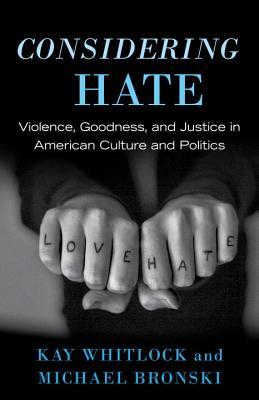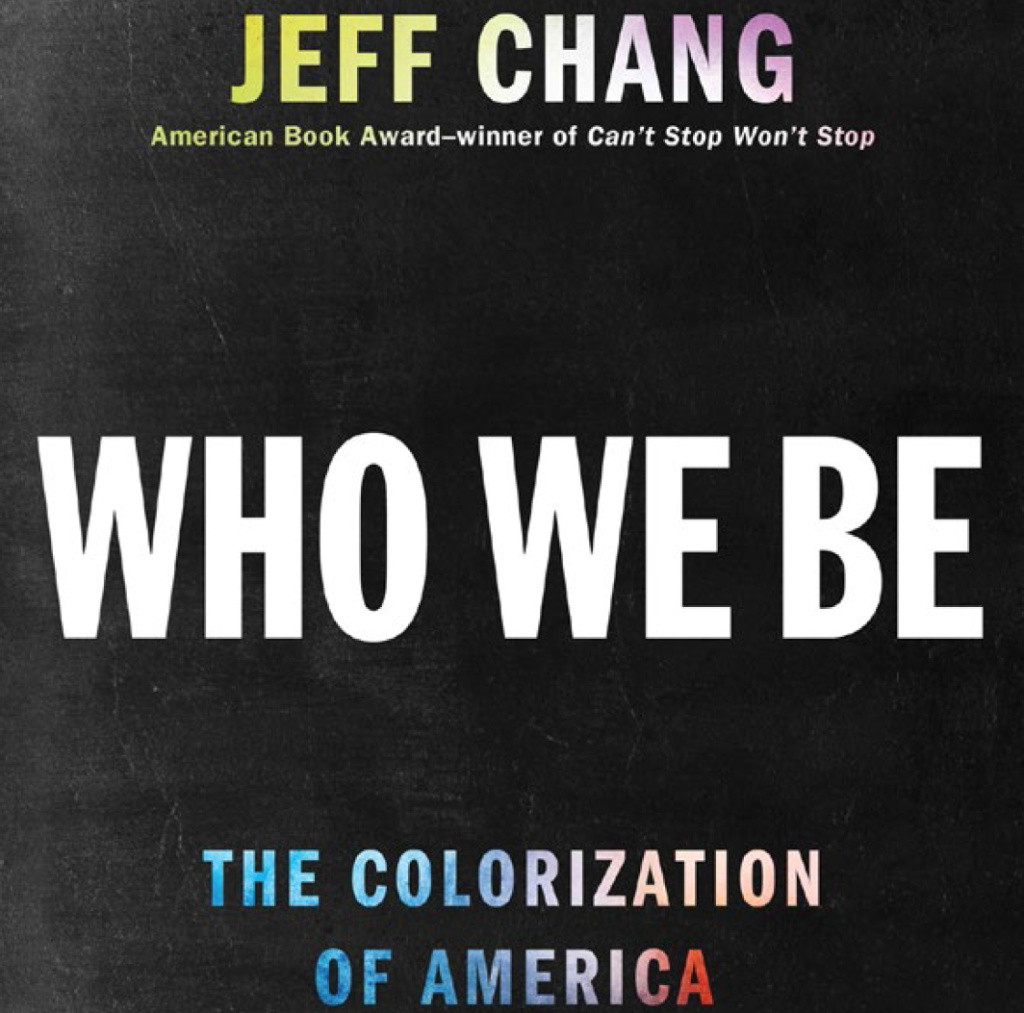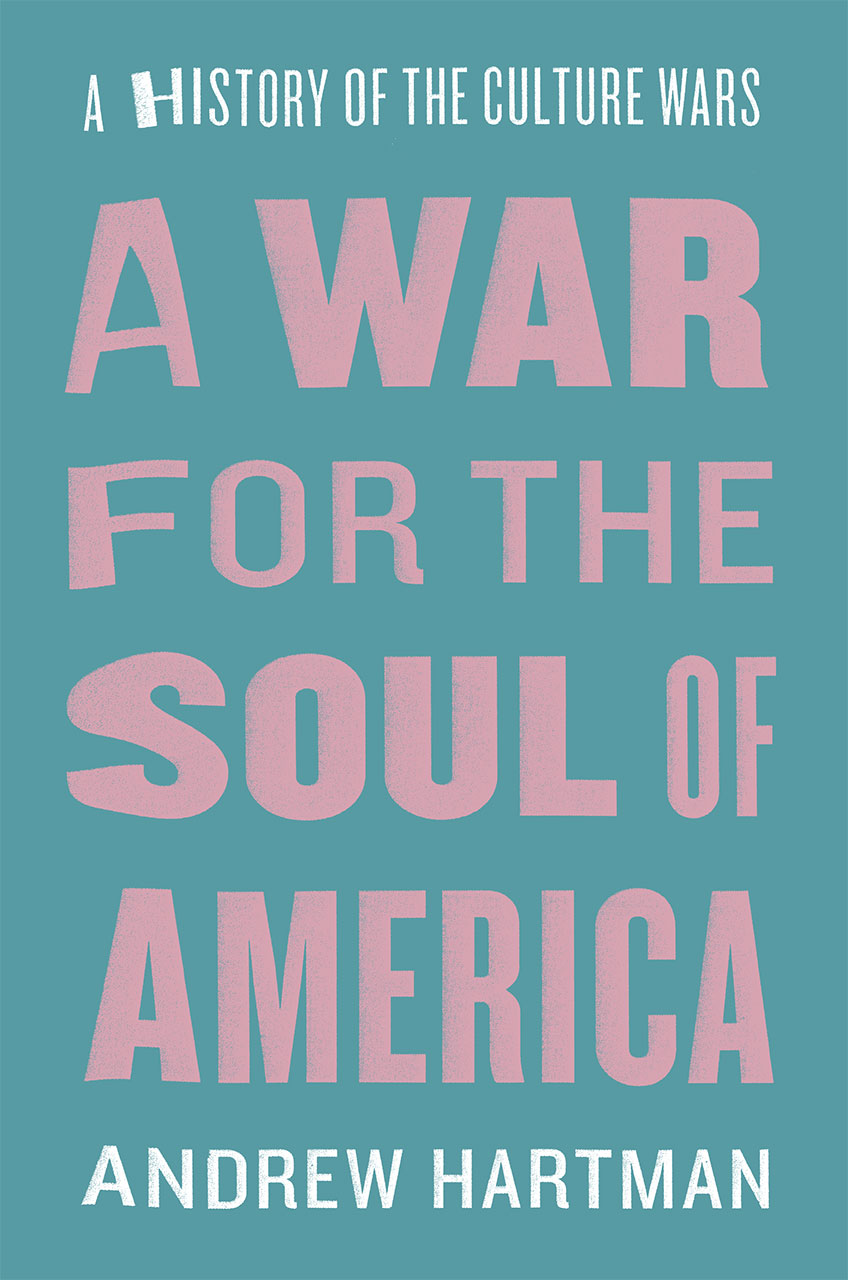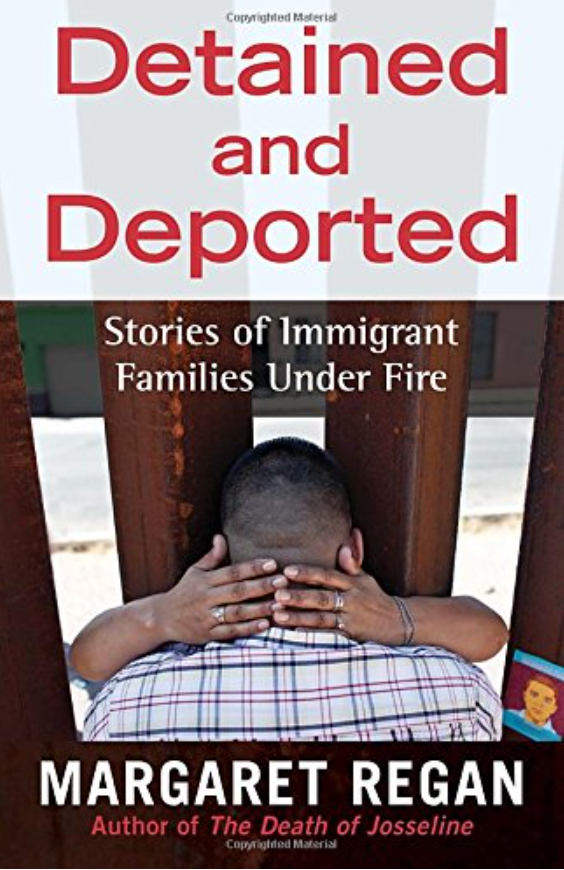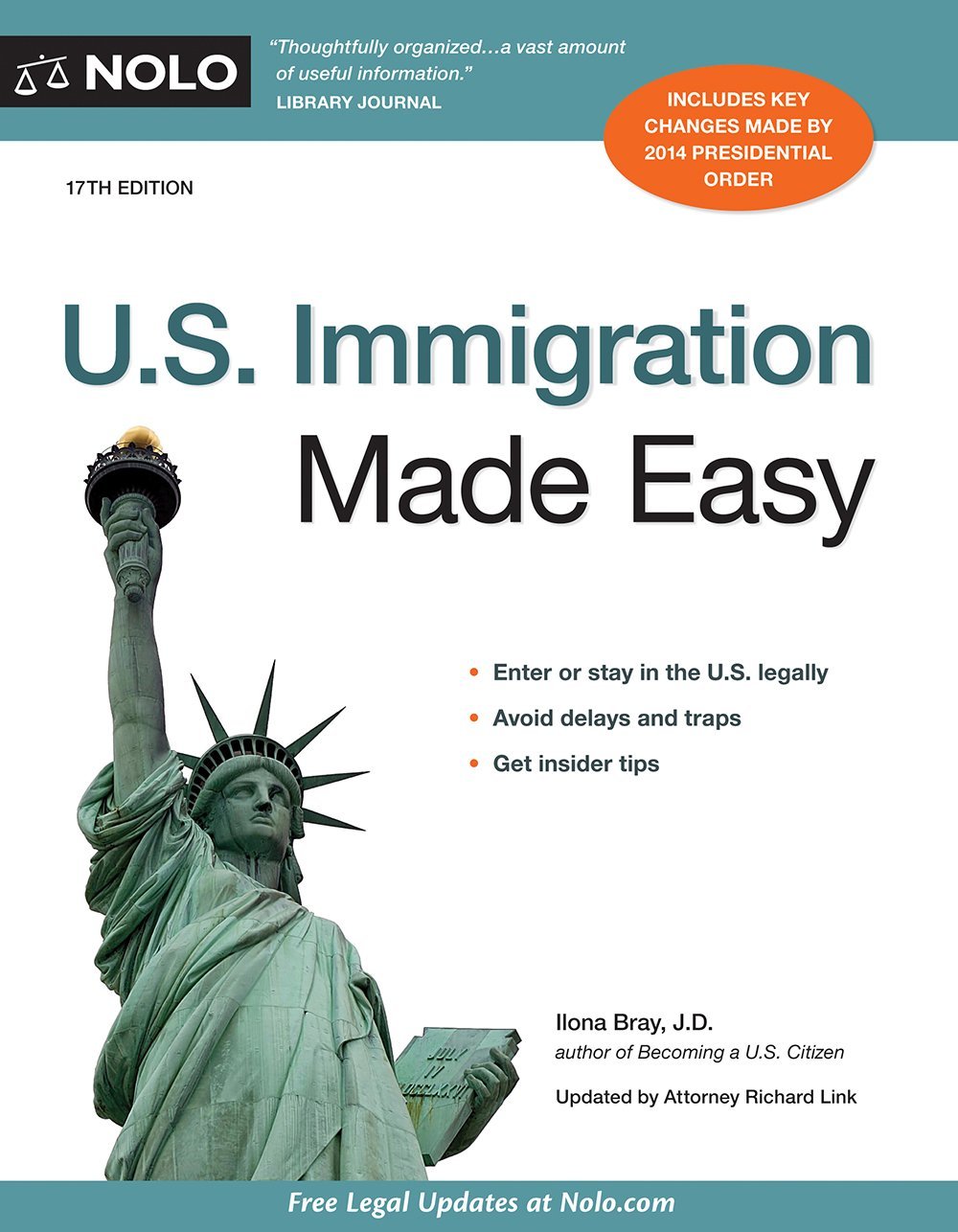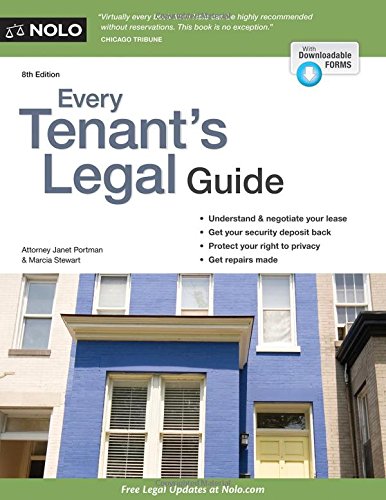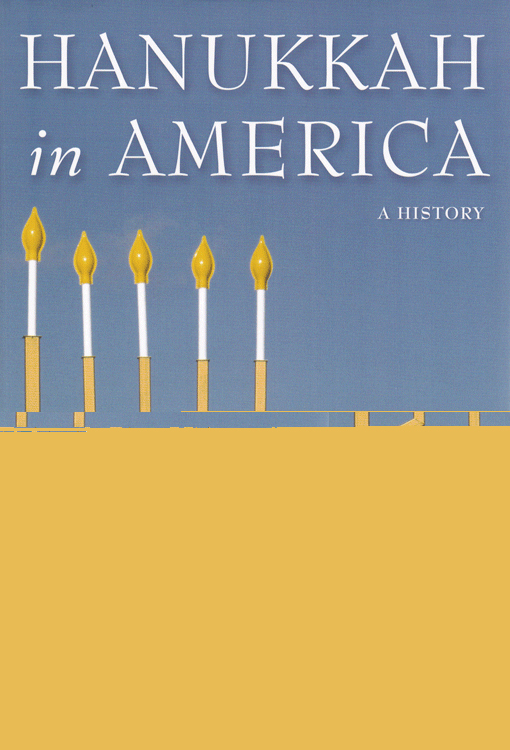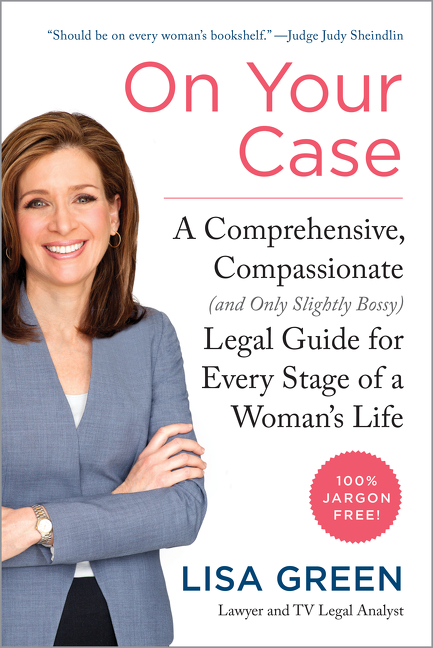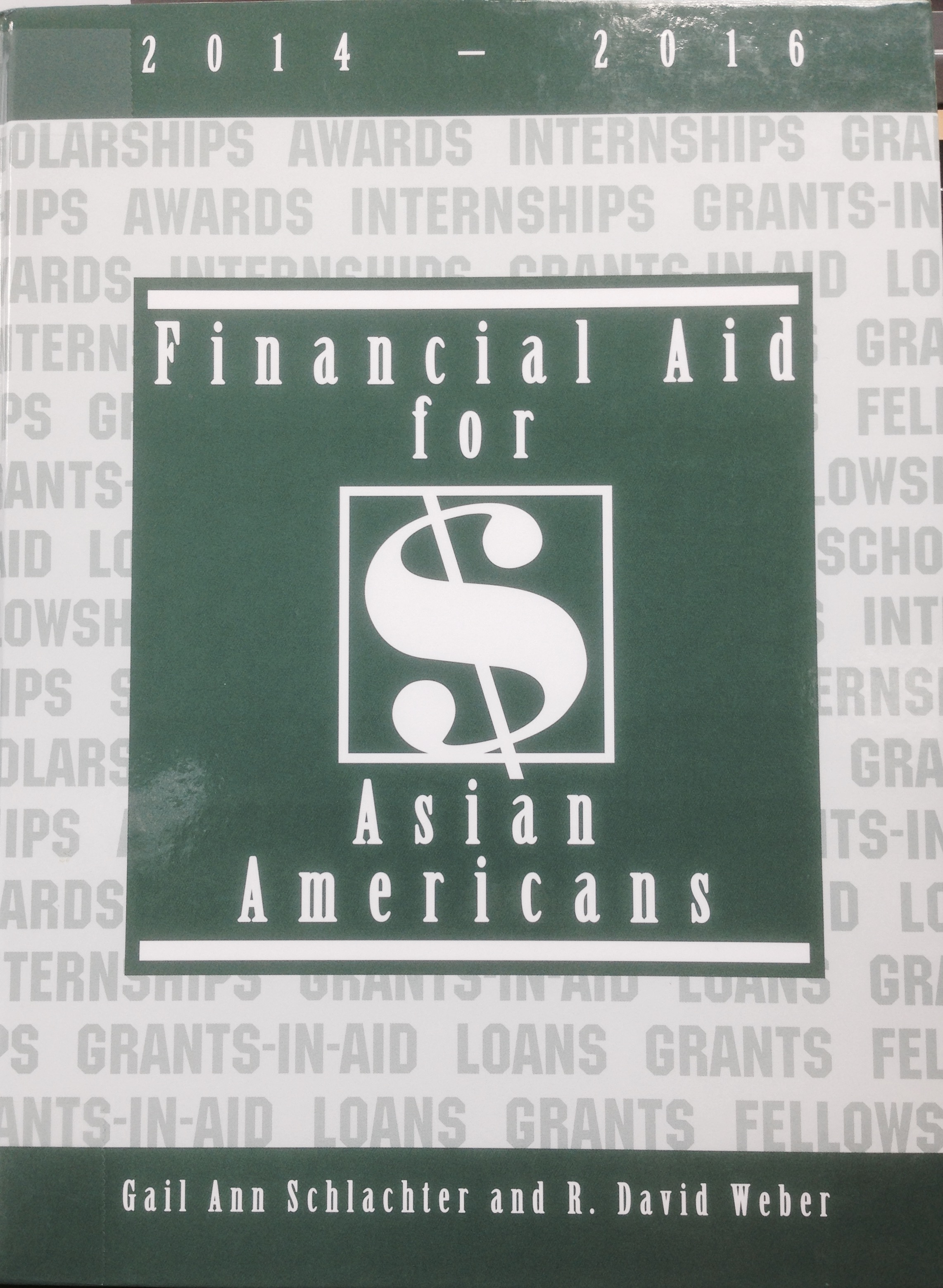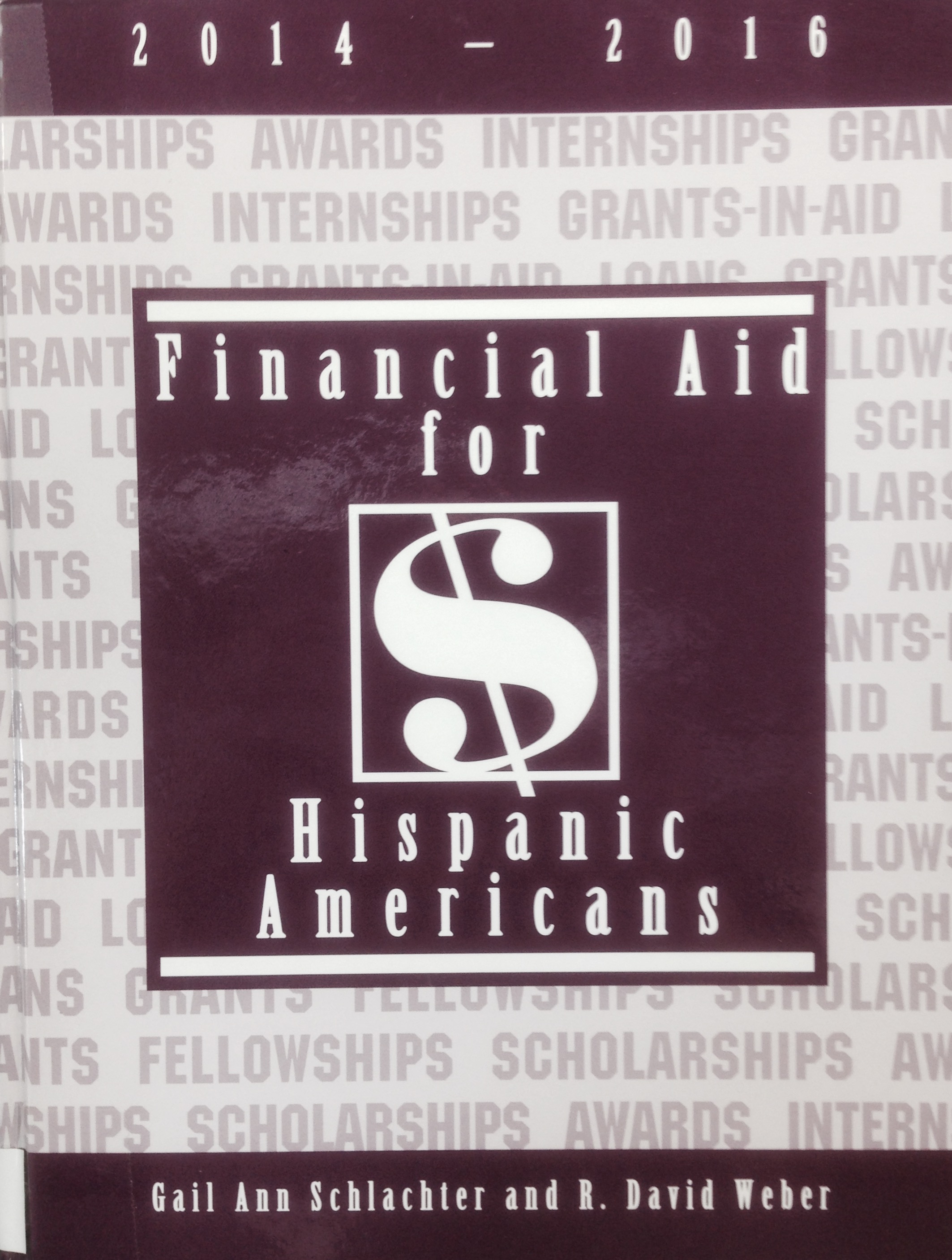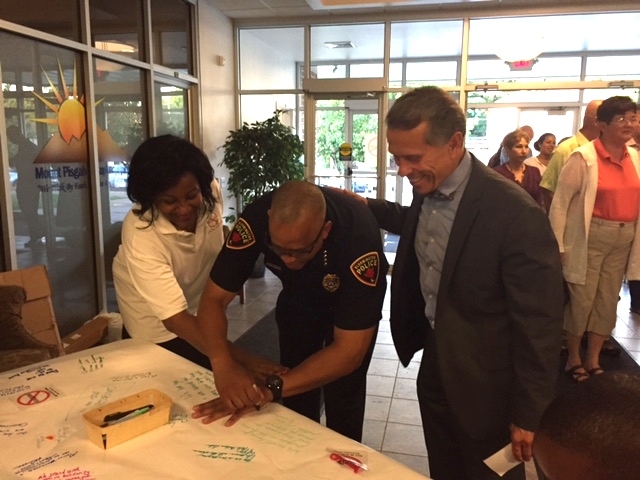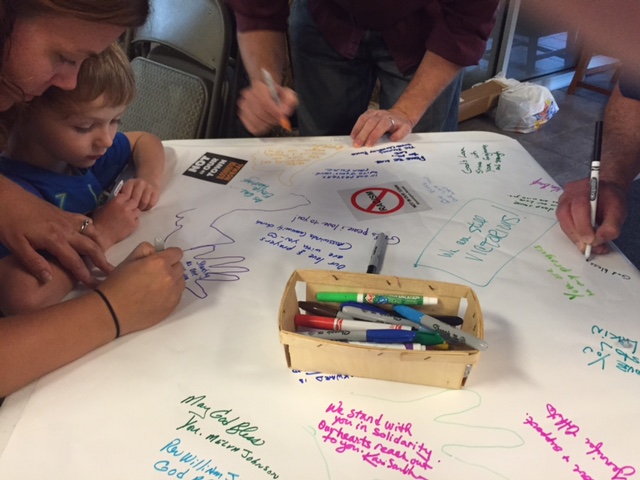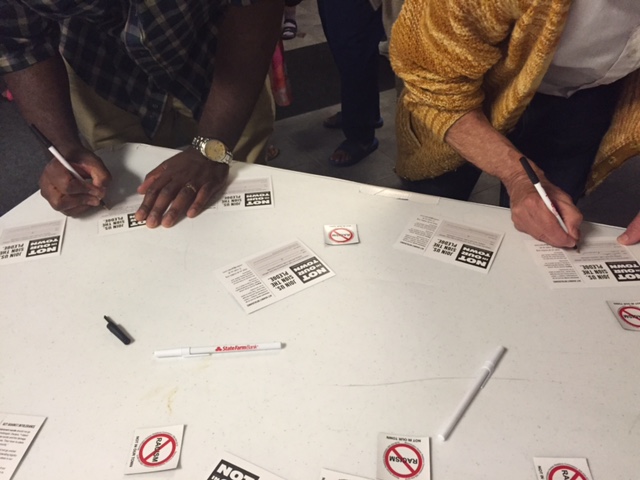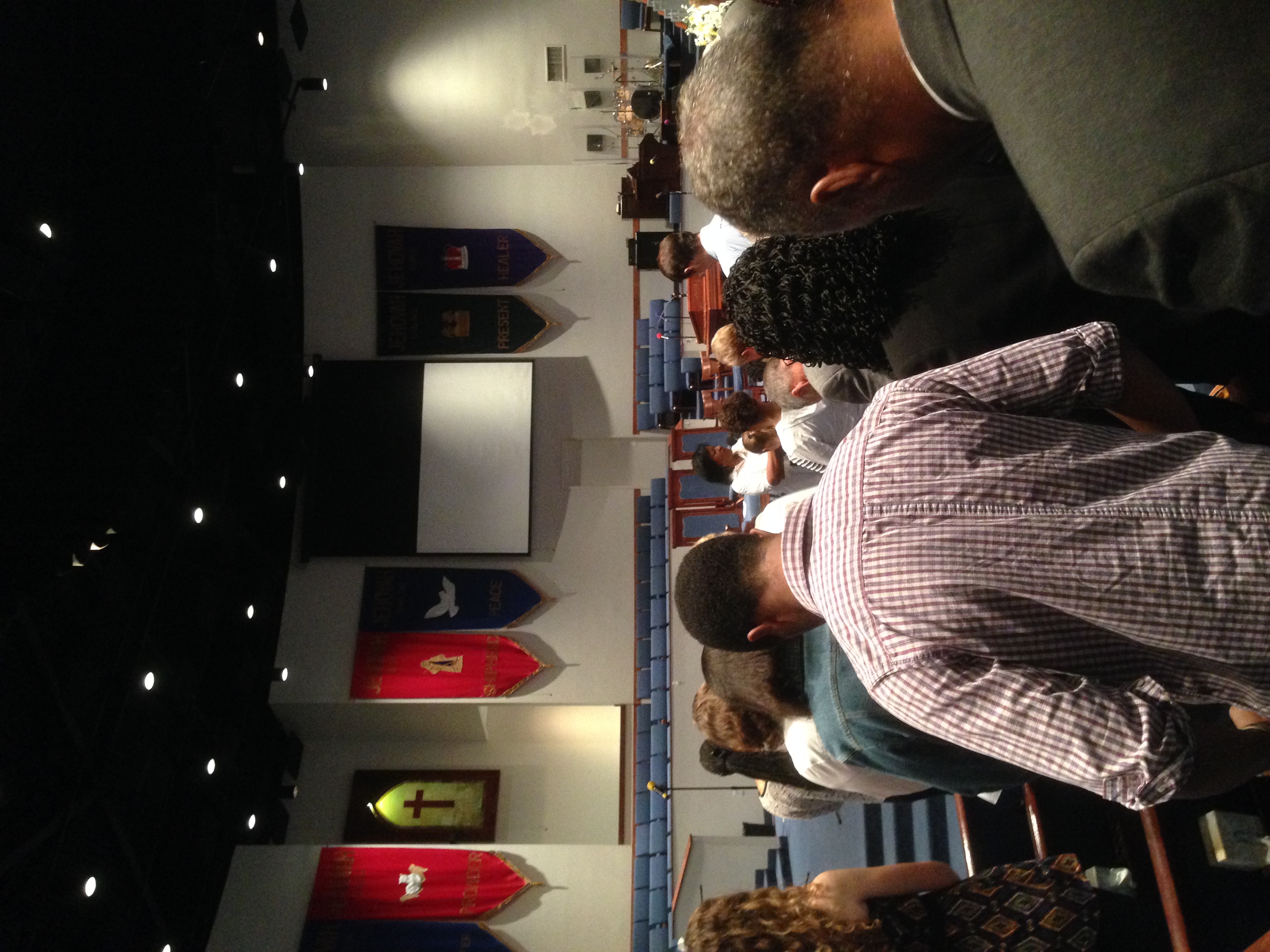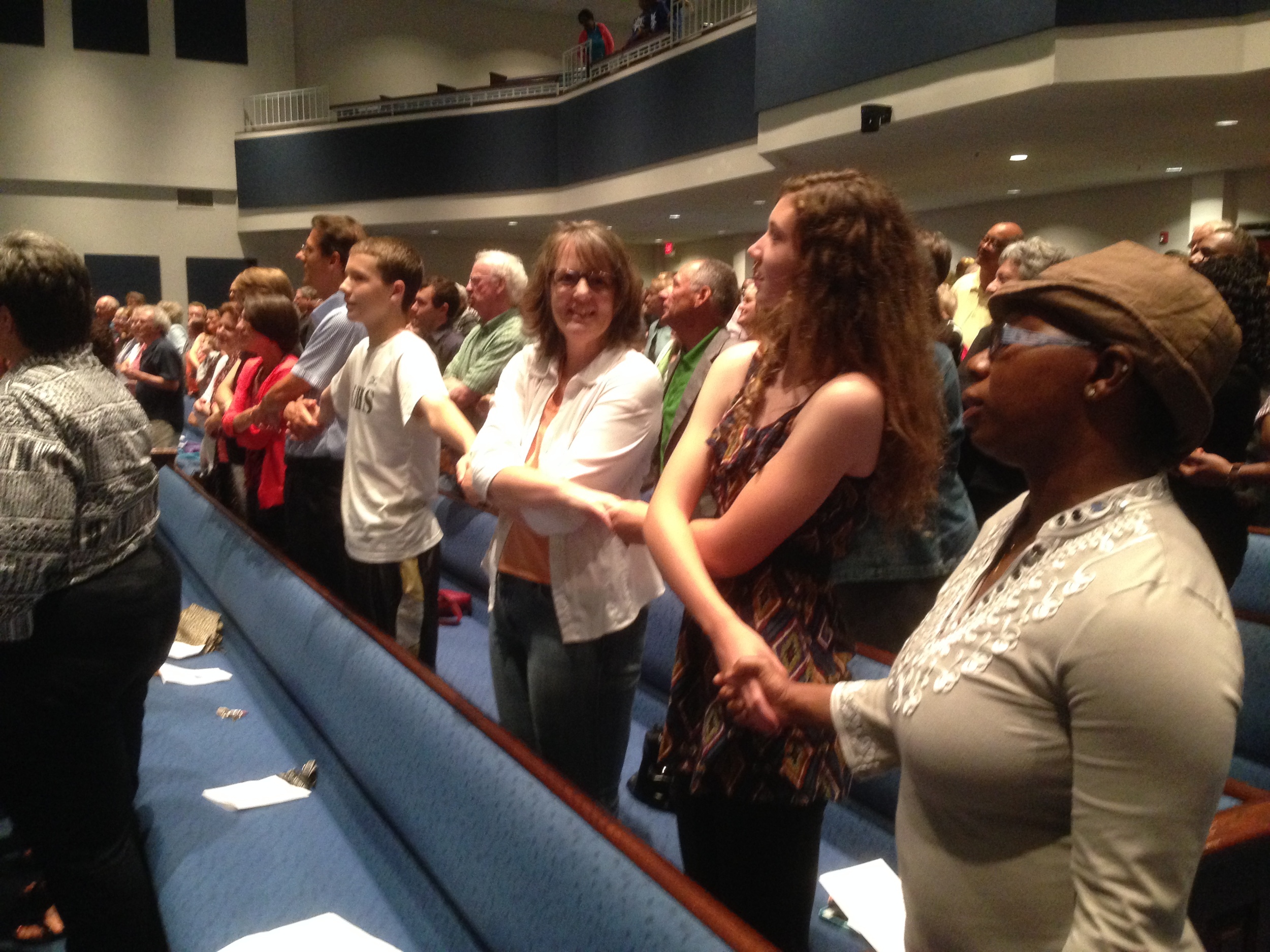Dave Bentlin
Prairie Pride Coalition Board Member
I was asked to share my thoughts about the significance of Obergefell v. Hodges, the June Supreme Court decision that confirmed marriage equality and held that there is a constitutional right to marriage for same sex couples in our country.
Truth be told, the reaction locally, while jubilant, was a bit more muted than in other states, given that Illinois had already expanded marriage equality to same-sex couples in 2014. In some ways our big celebration came a year ago when couples in Illinois first started getting marriage licenses through their county clerks.
Still, the June 26 decision was monumental for members of our local LGBTQ community. Before, marriage equality across the country was a patchwork of inconsistent laws that were confusing and potentially discriminating, even to couples in states like ours where marriage is available. A couple legally married in Illinois always had to remember that their marriage license was worthless if they traveled to one of the 14 states where marriage equality was illegal. It was not uncommon for couples to work with their attorneys to draw up additional legal paperwork they could take with them in the event it was needed.
This patchwork of marriage inequality also was worrisome to same-sex couples whose careers might require them to move to another state. Here in Bloomington/Normal many people in our workforce – particularly those in the insurance industry and the postsecondary education field – relocate to either further their careers or to take on new assignments within their company. State Farm, our major employer, is expanding its presence with “hubs” in Atlanta, Dallas, and Phoenix; two of those metro areas are in states that before the Supreme Court decision banned same-sex marriages. If not for the Supreme Court, any same-sex married couple that relocated from Illinois to one of those states would not be recognized as legally married.
So it’s clear that Obergefell v. Hodges provides sorely-needed legal recognition and protection for same-sex couples. Beyond that, though, it is a deeply personal triumph for the LGBTQ community.
It’s a victory for couples like my good friends Elizabeth and Caroline who are raising their children in a home filled with love and who now have all the federal rights and protections of any family unit.
It’s a victory for couples like my fellow activists Ron and Tom, Suzie and Danielle, and Peggy and Donna, whose decades-long relationships have weathered anti-gay attacks, bigotry, and inequality. They have lived their lives lovingly, openly, and authentically, and by their example they won over a lot of people who previously didn’t understand or appreciate the importance of marriage equality.
It’s a victory for today’s generation of LGBTQ youth who will never have to experience or worry about non-recognition of their relationships.
It’s a bittersweet victory for some gay and lesbian people whose partners didn’t live to see marriage equality. I also think about the many, many gay men we lost to AIDS who I hope are somehow aware of this victory and are dancing with wild abandonment and joy…because it’s their victory too.
“I believe the public debate has helped shed light on the many other issues that still face our LGBTQ community (youth homelessness, discrimination based on gender identity, hate crimes).””
I argue it’s a victory even for members of our LGBTQ community who either have no interest in getting married or oppose the institution of marriage. This struggle has strengthened our overall cause and I believe the public debate has helped shed light on the many other issues that still face our LGBTQ community (youth homelessness, discrimination based on gender identity, hate crimes).
I’d also assert that this victory presents a challenge and a new responsibility: Winning hearts and minds. For while polls regularly show majorities approve of same-sex marriage, almost 40 percent of those respondents do not. It is my hope that through information and interaction we can bring that number down. The Prairie Pride Coalition welcomes the collaboration with Not In Our Town (NIOT) and I hope we can take steps together in this effort. After all, at the end of the day our similarities far outweigh our differences.
For me personally? I guess I still find it hard to describe the depth of my feelings; in some ways the effects of the decision haven’t yet sunk in, possibly because I am single – for the moment - and less invested in the institution of marriage. Nonetheless, I think I will always get a lump in my throat whenever I reread the closing paragraph of Justice Kennedy’s opinion:
No union is more profound than marriage, for it embodies the highest ideals of love, fidelity, devotion, and family. In forming a marital union, two people become something greater than once they were. As some of the petitioners in these cases demonstrate, marriage embodies a love that may endure even past death. It would misunderstand these men and women to say they disrespect the idea of marriage. Their plea is that they do respect it, respect it so deeply that they seek to find its fulfillment for themselves. Their hope is not to be condemned to live in loneliness, excluded from one of civilization's oldest institutions. They ask for equal dignity in the eyes of the law. The Constitution grants them that right.



